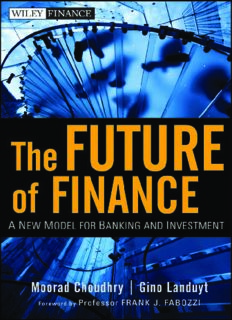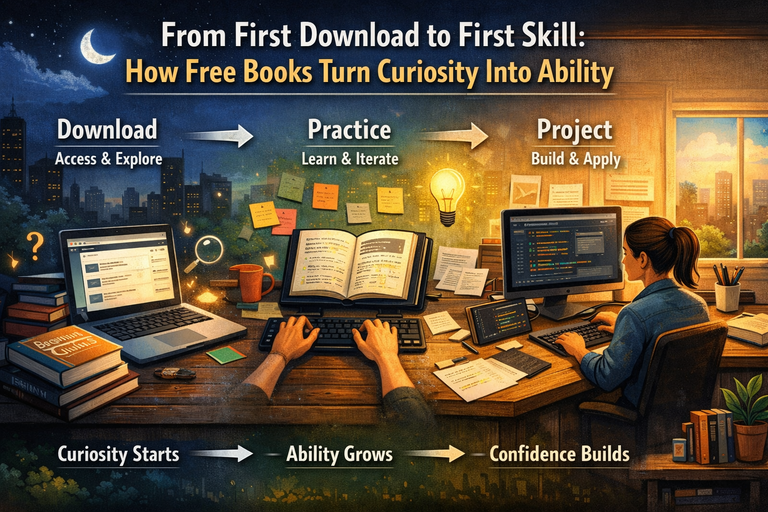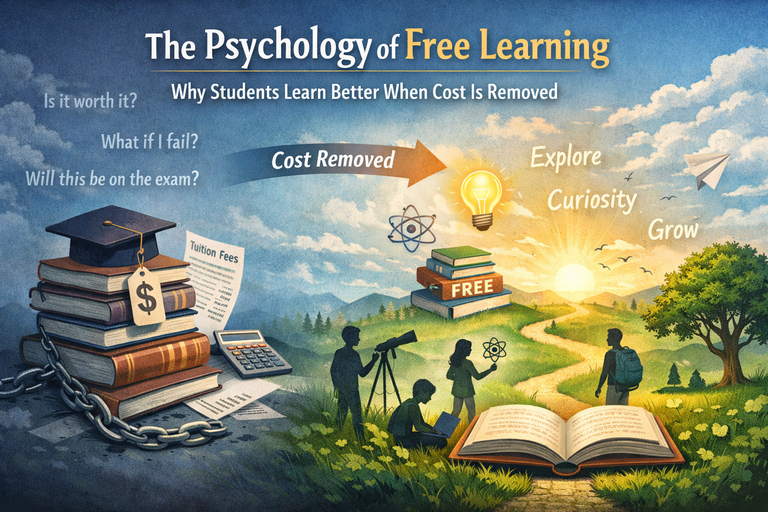The Impact of AI on Digital Marketing and Consumer Behavior
Artificial Intelligence (AI) is transforming the landscape of digital marketing by enabling more personalized, efficient, and data-driven strategies. From content creation and customer service to predictive analytics and real-time targeting, AI tools are redefining how brands interact with consumers.
At the same time, AI is reshaping consumer behavior by delivering more tailored experiences, influencing purchasing decisions, and even changing expectations. This blog explores how AI is revolutionizing digital marketing and what it means for modern-day consumers.
AI-Powered Personalization: Reaching the Right Audience
One of the most significant impacts of AI in digital marketing is its ability to provide hyper-personalization at scale. AI algorithms analyze vast amounts of data—browsing history, purchase patterns, demographic info, and more—to tailor marketing messages to individual users.
Examples of AI in Personalization:
-
Netflix and Spotify recommend shows and songs based on user behavior.
-
Amazon and eBay suggest products you’re likely to buy.
-
Email marketing tools like Mailchimp use AI to send messages at optimal times with content tailored to user segments.
For marketers, this means higher engagement, conversion rates, and customer loyalty. For consumers, it means getting what they want before they even ask for it.
Chatbots and Virtual Assistants: 24/7 Engagement
AI-powered chatbots and virtual assistants have become essential for customer service and lead generation. Available 24/7, they provide instant responses, handle FAQs, and even guide customers through complex buying processes.
Benefits for Marketers:
-
Reduced customer support costs
-
Increased lead conversion
-
Better data collection on user preferences
Benefits for Consumers:
-
Immediate assistance
-
Consistent service
-
Seamless shopping experiences
Brands like Sephora, H&M, and Domino’s use chatbots across their websites and social platforms to deliver engaging, human-like experiences.
Predictive Analytics and Targeting
AI enables marketers to predict future consumer behavior based on past interactions. Through machine learning models, businesses can forecast demand, identify potential churn, and tailor offers before consumers even make a decision.
How AI is Used in Predictive Marketing:
-
Dynamic pricing based on browsing habits and competitor data
-
Automated ad targeting based on previous purchases and interests
-
Retargeting campaigns triggered by user activity
This proactive approach not only enhances marketing efficiency but also creates smoother and more relevant consumer journeys.
AI-Generated Content and Automation
AI tools like ChatGPT, Jasper, and Copy.ai are being used to create marketing content, from social media captions and blog posts to ad copy and video scripts. While not a replacement for human creativity, AI-generated content helps brands scale faster.
Advantages for Businesses:
-
Faster content creation
-
Cost savings
-
Consistency in messaging
Consumer Impact:
Consumers now receive a constant flow of fresh, personalized content across platforms, enhancing engagement and strengthening brand connection.
Visual Recognition and Voice Search
AI is also powering new ways for consumers to interact with digital platforms—through images and voice.
Voice Search:
With the rise of Siri, Alexa, and Google Assistant, users are searching more through voice. This changes how businesses write content (more conversational and question-based) and how they optimize SEO strategies.
Visual Recognition:
Apps like Pinterest and Google Lens allow users to search using images. Retailers like ASOS and IKEA use this to let customers upload pictures to find similar products.
These new search modalities make it easier and faster for users to find what they want, increasing engagement and conversion.
Behavioral Tracking and Ethical Concerns
While AI enhances personalization, it also raises concerns about data privacy and consumer manipulation.
Behavioral Tracking:
AI collects extensive data to analyze user behavior. While this improves targeting, it can feel invasive when done without transparency.
Ethical Implications:
-
Data misuse or breaches can erode trust.
-
Algorithmic bias can lead to unfair targeting or exclusion.
-
Over-personalization may feel manipulative or reduce consumer choice.
As a result, marketers must balance AI capabilities with ethical standards and transparency to maintain consumer trust.
Impact on Consumer Behavior
AI doesn’t just change how companies market—it changes how consumers behave.
1. Higher Expectations
Consumers now expect fast, personalized, and seamless experiences. They prefer brands that anticipate their needs and provide solutions with minimal effort.
2. Decision-Making Shortcuts
AI recommendations influence what people buy, watch, and even think. Many purchasing decisions are now guided by algorithms, reducing the need for traditional comparison shopping.
3. Brand Loyalty Shifts
With real-time engagement and personalization, loyalty is increasingly driven by experience, not just brand name. Consumers are more likely to switch brands if they find a more personalized service elsewhere.
The Future of AI in Digital Marketing
As AI continues to evolve, we can expect:
-
Deeper personalization using real-time biometric and contextual data
-
AI influencers and synthetic brand ambassadors
-
Automated multi-channel campaigns triggered by real-time data
-
Augmented creativity where humans and machines co-create content
While the possibilities are exciting, marketers must ensure that these innovations respect consumer autonomy and data rights.
Conclusion
AI is reshaping digital marketing by making it more data-driven, personalized, and efficient. At the same time, it's influencing how consumers interact with brands, make decisions, and form expectations.
For marketers, embracing AI is no longer optional—it’s essential to staying competitive. But as we move forward, success will depend on the ability to balance innovation with ethics, and automation with authenticity.







